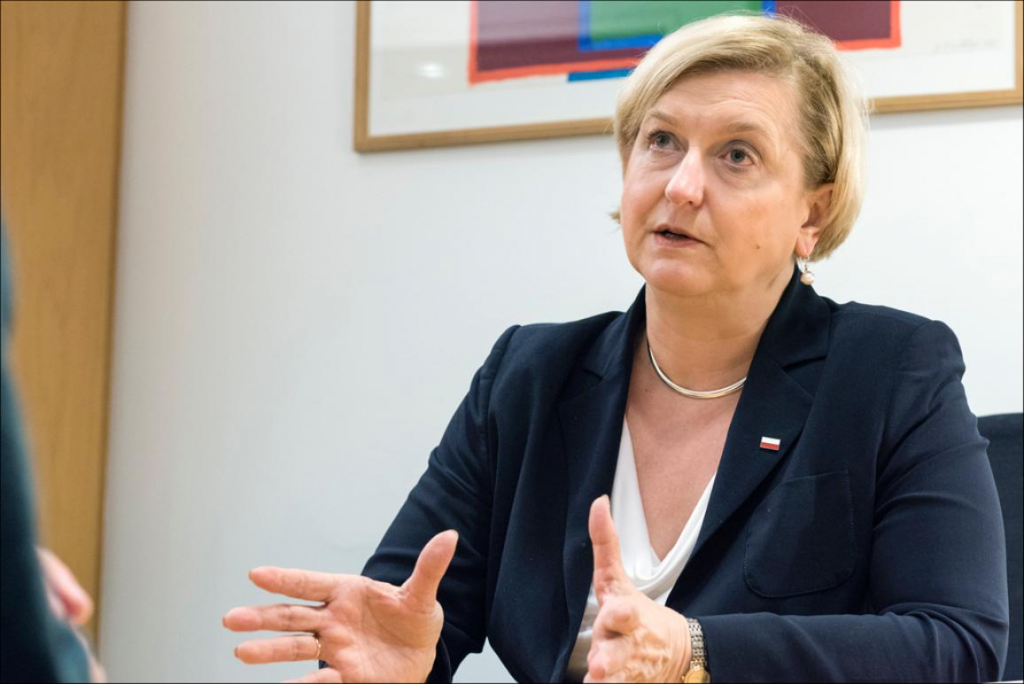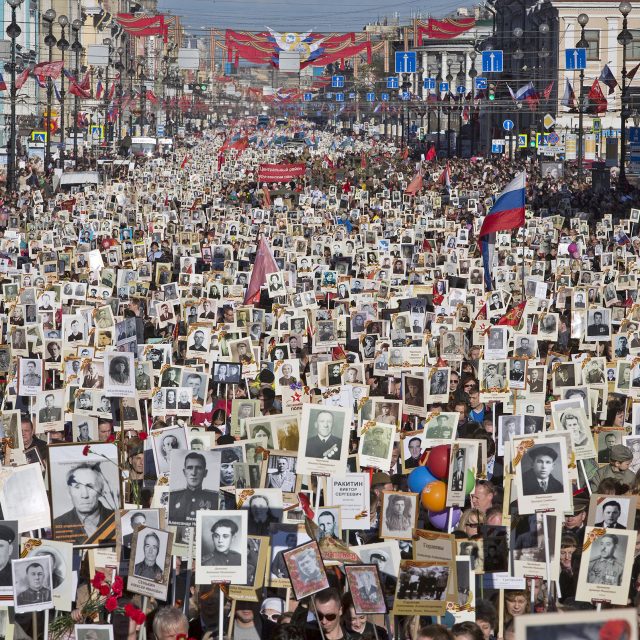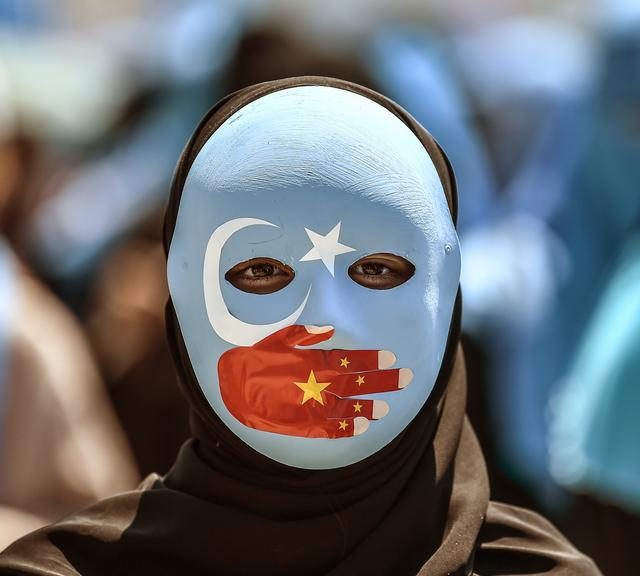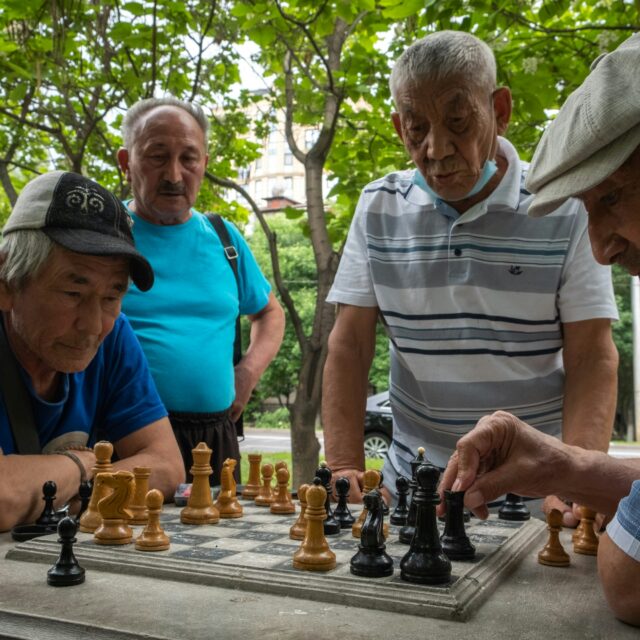An attempt by Russia to re-write the history of World War II has angered many Central and East European member states and been the subject of a debate in the European parliament to mark the 80th anniversary of the Ribbentrop-Molotov pact.
Nazi Germany and the Soviet Union signed the non-aggression pact one week before the start of the war, carving Europe into spheres of influence.
The pact lasted two years, coming to an end in June 1941, when Hitler launched Operation Barbarossa and invaded the Soviet Union.
Eighty years on and the pact continues to shape attitudes to the EU’s relations with Russia today.
For decades after the war, the Soviet Union refused to acknowledge the secret protocol setting out the territorial division of Europe ever existed.
Now, the Russian government has put the secret documents on public display in Moscow. The display is backed up by a social media campaign aimed at “normalising” the pact and trumpeting “the truth of WWII”
Specifically, Russia claims that the pact was no different to the Munich Agreement of 1938, which saw the British, French and Italian government agree to Hitler’s annexation of part of Czechoslovakia.
Speaking in the debate, former Polish Foreign Minister, Radoslaw Sikorski MEP endorsed the parliament’s call on the European Council to decisively counter “efforts by the current Russian leadership to distort historical facts and whitewash crimes committed by the Soviet totalitarian regime.”
Lithuanian MEP Rada Jukneviciene stressed that her country still suffers from the consequences of the pact 80 years later and said:“We have to oppose the attempts at glorifying communist and fascist regimes and attempts playing down the crimes the committed”.

Summing up the cross-party work on the resolution, Anna Fotyga MEP, ECFR Foreign Affairs spokesperson, said, “The negotiations on the text were not easy and required a lot of cross-party negotiation and cooperation but I am happy that, finally, we found wide support.”
“I see it as a ray of hope, that the European Parliament is capable of a shared memory. That we are able to describe history according to indisputable facts.”
Tytti Tuppurainen, the Finish European Minister added:“Europe needs to remember it history in order to learn from the past and not make the mistakes of the past”
The European Commission is currently reviewing the state of EU- Russian relations.
France is trying to mend ties with Russia and revive EU-Russian peace talks, although it has not gone so far as to argue for the removal of sanctions.
On a visit to Moscow in September, French foreign minister Jean-Yves Drian said “The time has come to work towards reducing the distrust between Russia and Europe, who ought to be partners on a strategic and economic level.”

A contrasting view was given by Olivier Védrine, a French political scientist based in Kyiv. Mr Védrine is the Chief editor of the Russian monitor (an online media outlet of the Russian opposition) and a board member of the civil rights group New Europeans.
Vedrine said, “The biggest mistake now would be to open a dialogue with Putin. His position is weakening all the time and he urgently needs a diplomatic victory. The right choice now is a strong stand against Putin – he is losing support domestically.”
In London, the state of EU-Russian relations was the subject of a conference by the Federal Trust in London to coincide with the anniversary of the pact.
Expert speakers included Sir Rodric Braithwaite GCMG, a former UK Ambassador to Russia, and Mary Dejevsky, the Independent’s former foreign affairs editor in Moscow.
The panellists were invited to examine possible scenarios for the new Commission in deciding how it should behave towards Russia.
Speaking after the conference, Brendan Donnelly, former Conservative MEP and director of the Federal Trust said:“The conference considered two contrasting approaches that the Commission could take in its relations with Russia.”




